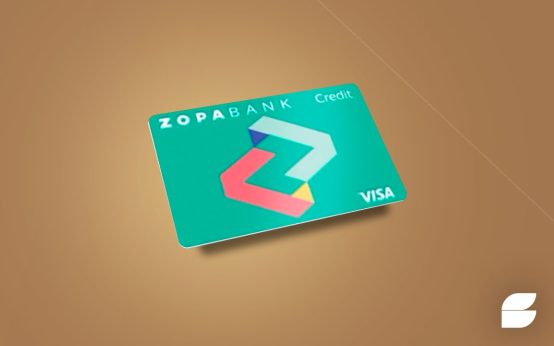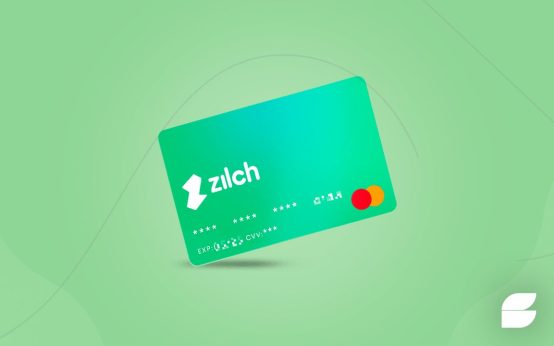Managing payments efficiently is crucial for anyone navigating personal finances, and the option to set up direct debits has become an essential tool for streamlining regular payments. Direct debit offers a way to automate payments and ensure they are made on time, but when it comes to using a credit card for this method, there are a few things to keep in mind. In the UK, the concept of direct debit is well-established, and many businesses and consumers rely on it to manage bills such as subscriptions, utility payments, or loan repayments.
However, there is often confusion around whether it’s possible to set up a direct debit using a credit card. This article will explain the process, the advantages, and potential limitations of setting up a direct debit on a credit card in the UK.
What Is Direct Debit?

A direct debit is a financial arrangement where a business or service provider automatically collects money from your bank account to pay for goods or services. It’s typically used for regular, recurring payments like utility bills, rent, and insurance premiums. The main benefit of a direct debit is that it takes the responsibility of remembering due dates out of your hands, ensuring your payments are always made on time.
In the UK, direct debits are often set up through the bank account, but there is some confusion around whether it is possible to use a credit card for this type of transaction. The short answer is: no, you cannot directly set up a direct debit on a credit card in the same way you would with a debit account. Let’s dive into the reasoning behind this and explore the alternatives available.
Why Can’t You Set Up Direct Debits on a Credit Card?
Direct debits are typically tied to bank accounts (checking or savings), not credit cards. This is due to several factors:
Payment Processing
Direct debit payments are usually processed through the Bacs system (Bankers’ Automated Clearing Services) in the UK. Credit card payments, on the other hand, are handled via a separate system designed for credit card transactions. The infrastructure for direct debits is built around the assumption that payments will be made from a bank account, not a line of credit.
Credit Limit
Since credit cards have credit limits, direct debits could potentially exceed the available balance, leading to issues such as over-limit fees or missed payments. Credit cards are designed for more flexible, non-recurring purchases, and managing automated payments could introduce risk for both consumers and businesses.
Interest Charges
Unlike payments made through a bank account, credit card payments are subject to interest rates unless the full balance is paid off in time. Setting up a direct debit on a credit card could result in interest charges if the balance isn’t cleared within the interest-free period, which may not align with the convenience that direct debit offers.
Alternatives to Direct Debit on a Credit Card

Although you cannot set up a direct debit on a credit card, there are several alternatives to consider.
Direct Debit on a Bank Account
The most common and efficient way to set up a direct debit is through a bank account. Most service providers accept bank account details for direct debit setup, and it is the most straightforward option for ensuring automatic payments. You can link a bank account with multiple service providers for recurring payments.
Setting Up Recurring Payments with a Credit Card
Many companies allow you to set up recurring payments directly with a credit card for things like subscriptions, memberships, and other regular charges. While this isn’t technically a direct debit, it works in a similar way in that payments are automatically deducted from your credit card at regular intervals.
Standing Orders
If you prefer not to use direct debit, you could consider a standing order. This is another form of automated payment that you can set up through your bank account. Unlike direct debits, where the payment amount can vary, standing orders are fixed amounts. They can be set up to pay your credit card bill or any other regular expense.
Credit Card Autopay
Many credit card providers offer autopay options, where you can set up automatic payments to pay off your credit card balance each month. This ensures that you won’t incur late fees, and it can be set to pay either the full balance or a minimum amount.
Advantages of Automating Payments
Setting up automated payments, whether through a direct debit or a recurring credit card payment, comes with several key advantages:
- Avoiding Late Fees: By automating your payments, you ensure that you never miss a due date. This is especially useful for bills such as credit card payments, which can incur hefty late fees if not paid on time.
- Improved Credit Score: Consistently paying bills on time through automated systems can help improve your credit score. Since credit card payments are directly linked to your credit history, ensuring that payments are always made on time can reflect positively on your financial standing.
- Better Financial Management: Automated payments help you budget better by ensuring that fixed expenses are taken care of without having to track them manually. This is especially useful for people who have multiple recurring payments.
Potential Drawbacks
While there are several benefits to setting up automated payments, there are also potential drawbacks, including:
- Overpayment Risk: If you have a tight budget, automatic payments could lead to an overpayment situation, especially if your credit card balance fluctuates. Always monitor your spending and be aware of upcoming payments.
- Loss of Control: With automated payments, you may lose track of your expenses. If you forget to cancel or modify a recurring payment, you may continue paying for services you no longer use.
Conclusion
In the UK, while you cannot set up a direct debit from a credit card, there are plenty of alternatives to ensure that your payments are automated and timely. Whether it’s through a standing order, recurring payments via your credit card, or simply using a bank account for direct debits, automating your payments can make managing your finances easier and less stressful. It’s important to weigh the pros and cons and choose the method that best fits your needs. Always ensure that you monitor your payment schedules to avoid unexpected fees and interest charges.



 Zopa Credit Card: Financial Management Upgrade <p class='sec-title' style=' font-weight: normal; line-height: 1.9rem !important; font-size: 17px !important;'> Learn How the Zopa Credit Card Can Improve Your Financial Management and Provide Exclusive Benefits in Your Daily Life. </p>
Zopa Credit Card: Financial Management Upgrade <p class='sec-title' style=' font-weight: normal; line-height: 1.9rem !important; font-size: 17px !important;'> Learn How the Zopa Credit Card Can Improve Your Financial Management and Provide Exclusive Benefits in Your Daily Life. </p>  Zopa Credit Card: Key Benefits & Features <p class='sec-title' style=' font-weight: normal; line-height: 1.9rem !important; font-size: 17px !important;'> Explore the Benefits and Features of the Zopa Credit Card to Improve Your Financial Management and Maximize Your Purchases. </p>
Zopa Credit Card: Key Benefits & Features <p class='sec-title' style=' font-weight: normal; line-height: 1.9rem !important; font-size: 17px !important;'> Explore the Benefits and Features of the Zopa Credit Card to Improve Your Financial Management and Maximize Your Purchases. </p>  Zilch Credit Card: Main Features, Tips, and How to Apply <p class='sec-title' style=' font-weight: normal; line-height: 1.9rem !important; font-size: 17px !important;'> Discover how the Zilch Credit Card can transform your financial life with interest-free payments and exclusive benefits. </p>
Zilch Credit Card: Main Features, Tips, and How to Apply <p class='sec-title' style=' font-weight: normal; line-height: 1.9rem !important; font-size: 17px !important;'> Discover how the Zilch Credit Card can transform your financial life with interest-free payments and exclusive benefits. </p>